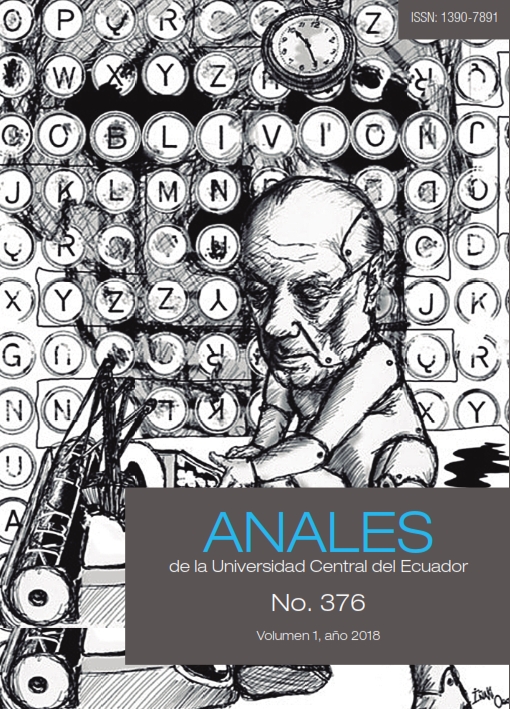Fugas, filiaciones y memorias distantes y cercanas en diálogo con Alicia Ortega Caicedo
DOI:
https://doi.org/10.29166/anales.v1i376.1886Keywords:
Criticism, Ecuador, Novel, History, Tradition, Rupture, DecolonizationAbstract
Th is new study, Fuga hacia dentro. La novela ecuatoriana en el siglo XX, by Alicia Ortega Caicedo, invites us to accompany her on her journey through the Ecuadorian novel of the 20th century, which she understands as a product of a complementarity between what is written and how it is read. Without any desire to off er an exhaustive catalog of names and titles, Ortega concentrates on some milestones obtained from his multiple and continuous readings to put into debate the “crossings between political consciousness, modernity, disenchantment and literary writing.” Far from the rancid dualisms that have stagnated Ecuadorian literature in idle pronouncements about the local versus the universal, Fugue in invites us to rethink and problematize the critical reception of the Ecuadorian novel throughout the 20th century. Ortega analyzes how the narrative tradition and literary criticism is the result of a continuous and confl icting history of appropriations and disputes before an elusive representation of the national, which she ponders as a process towards a desired decolonization always in tension, where aesthetics constitutes ethics and ethics an aesthetic.


